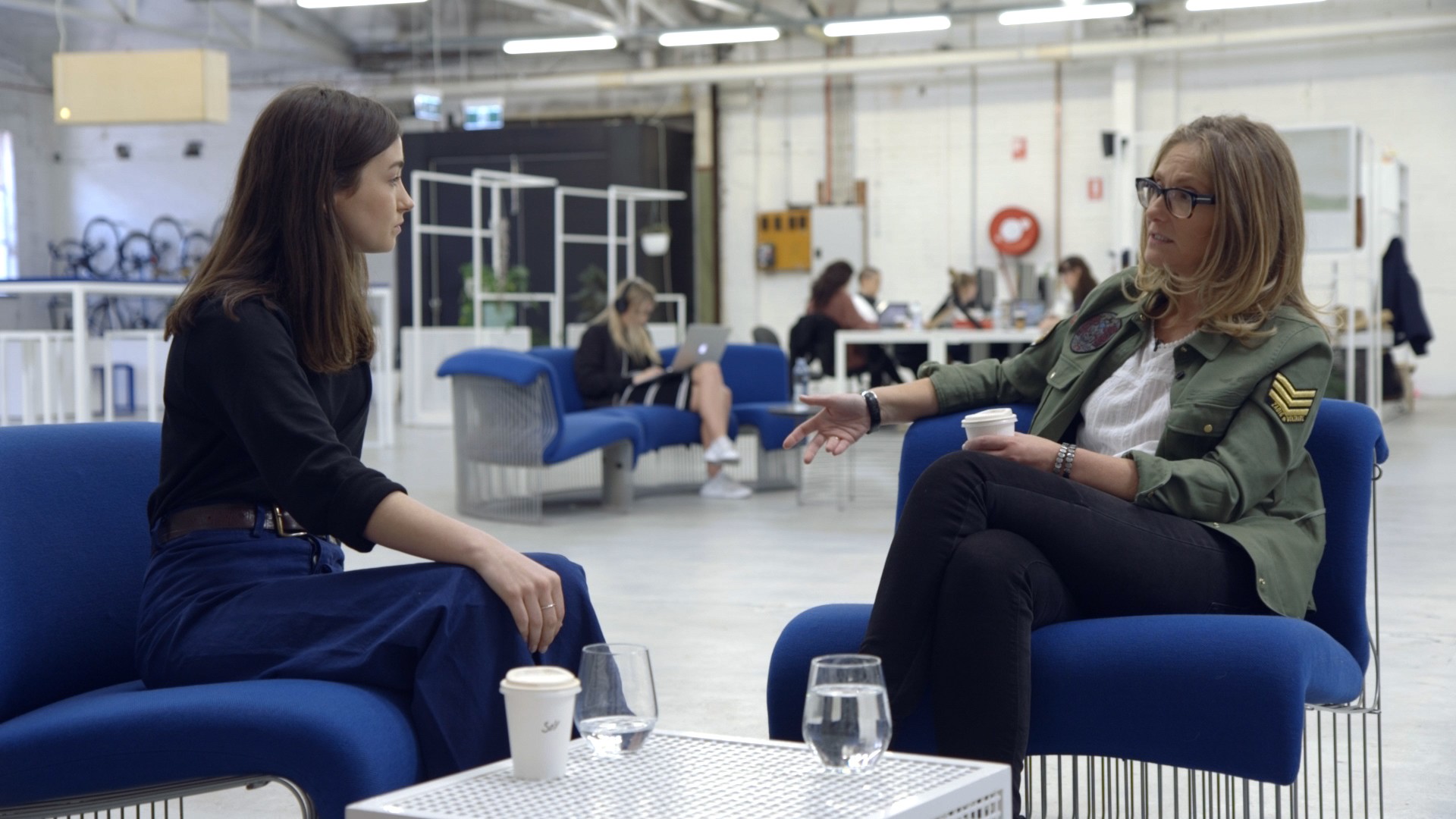Last week, in the aftermath of the Las Vegas massacre that killed 59 people, Australia's state and federal governments held an emergency meeting in Canberra to talk terrorism. Namely, to talk cracking down on the terror threat with sweeping new police powers. Malcolm Turnbull said the changes were "a full-court press… giving our police the means that they need to keep us safe." Over the weekend, federal Labor politicians and lawyers alike have condemned them as "drastic" and "draconian."
Advertisement
The big change making headlines is that police will be given the right to detain people as young as 10 years old without charge, and hold them for up to two weeks. "The reason we're doing this—and it's a most unwelcome reason and no one in the government is happy about this—but unfortunately ISIL specialises in targeting children," Justice Minister Michael Keenan told Sunrise.These powers aren't exactly new, "preventative detention orders" have been around in NSW since 2002, brought in by the state government in the wake of 9/11. But now they will go national with unanimous support from state premiers and a few key tweaks. Specifically, under NSW law, police weren't allowed to take preventative detention orders (PDOs) out against anyone under the age of 16. The federal law will apply to anybody 10 years or older—the legal age of culpability.
But as Ugur Nedim from Sydney Criminal Lawyers noted, "Being arrested and detained without being formally charged is considered a breach of human rights in many countries." And this is why PDOs are so controversial—usually police can only hold someone for a few hours without charge if they don't have any evidence of a crime. Preventative detention orders can see suspects detained for a fortnight on nothing more than the "reasonable suspicion" they will engage in, or have prepared to carry out, an act of terrorism.In NSW, police have been accused of using these orders "as a tool to break terrorism suspects" rather than an emergency measure to stop an imminent attack. In one case in 2014, a PDO was taken out against a man after he'd been detained during a raid because he chose to remain silent—a move lawyers labelled as the police punishing him for choosing to exercise his rights.
Advertisement
"Will it Save Us From Terrorism? Not at All."
WATCH: Chasing Asylum with Eva Orner

Others aren't so convinced. "Will it save us from terrorism?" University of Canberra law professor Bruce Baer Arnold wondered over on The Conversation. "Not at all, although it will give people a false sense of comfort.""We're talking about draconian steps… we believe that's crossed the line of intruding on civil liberties too much," Law Council of Australia president Fiona McLeod told the Sydney Morning Herald. "Any teacher, any criminologist, any psychologist would tell you that children's brains are maturing right through their teens and that you need to treat children differently."But with the state and federal governments in lock step on the new laws, it's unlikely civil liberties concerns will be given much of a public airing. The official position was neatly summed up by Victorian Premier Daniel Andrews, who labelled civil liberties as a "luxury.""There will be some… who will focus on the notional infringement, the notional reduction in peoples' rights and liberties and freedoms, the rights and liberties of a small number of people," Andrews told reporters in Canberra. "Some people have the luxury of being able to have that notional debate. Those of us in positions of leadership don't have that luxury."Follow Maddison on Twitter
